- - Hair Transplant Medications
- - Is Medication Required After a Hair Transplant?
- - What Medications Do I Need to Take After a Hair Transplant?
- - Is it okay to Take Painkillers After a Hair Transplant?
- - Do Supplements Really Help Hair Growth?
- - Do I Need to stick with any long-term Medicines after the Transplant?
- - How Can I Handle My Current Medications and Health Issues?
- - Book your Hair Transplant Consultation
Hair Transplant Medications
We all know that your surgeon is going to do their very best to perform your hair transplant to the highest standard. But the outcome also depends on you! It's so important to take care of yourself afterward. That's why we give all our Turkey Luxury Clinics patients an aftercare pack to help them look after their hair post-surgery. But we also want to make sure you know exactly what you can and can't do. This includes knowing which medications you should take after your hair transplant.
Medications can include all sorts of things, like prescription drugs, supplements, and even painkillers! So, which medicines are safe for you to take, and how will they impact your new hair growth and the healing process? Don't worry, we're here to help!
Is Medication Required After a Hair Transplant?
In some cases, a hair transplant surgeon may prescribe medication for you to take following your hair transplant procedure. This is to facilitate optimal hair regrowth and guarantee that your hair transplant yields the desired results.
Furthermore, you will be required to take specific medications before, during and after the procedure in order to achieve a successful, painless hair transplant.
When you get started with the transplant, the surgeon will put Lidocaine right on the area they're working on, which numbs it. It's a really effective short-term anesthetic, it wears off pretty fast and there are no side effects.
Afterwards, you might get a cortisone steroid injection to prevent any swelling from the surgery. Your surgeon will put an antiseptic dressing on the donor area of your scalp to keep the infection at bay.
What Medications Do I Need to Take After a Hair Transplant?
At Turkey Luxury Clinics, your consultant will walk you through all the medicine you'll be taking after the surgery. Here are the most common ones:
Antibiotics
To help the body fight any possible infection.
Prednisolone
Prednisolone is a steroid used to prevent and reduce swelling after hair transplant surgery. It is possible that you will be given a prescription for up to a week after your procedure.
Antihistamines
Some patients report that their new hair grafts are quite itchy. If your scalp is really itchy, scratching the area can damage your transplanted hair. In these cases, doctors often suggest antihistamines.
It's always a good idea to check with your consultant from Turkey Luxury Clinics before you start taking any new medications, even if they're not directly related to the procedure. They can let you know if the new medication is likely to affect the results of your hair transplant.
Is it okay to Take Painkillers After a Hair Transplant?
As a general rule, our Turkey Luxury Clinics team usually provides you with painkillers and anti-inflammatories to take at home along with your aftercare pack.
If you're not usually advised not to take painkillers, you can also take your own paracetamol and over-the-counter pain management medicines. If you're not sure which medications you can take, feel free to check with your GP.
Do Supplements Really Help Hair Growth?
There are certain vitamins and nutrients that are essential for maintaining strong and healthy hair. However, there isn’t a lot of proof that supplements or lotions on the market will accelerate hair growth or prevent hair loss. Some products do claim to do so, it should be noted. Surgeons at Turkey Luxury Clinics will tell you that supplements aren’t necessary for you to take after a hair transplant.
While a good multivitamin is fine, what you really need for strong, natural hair after the surgery is a healthy, balanced diet. On top of that, getting enough sleep and spending time outside in the fresh air will greatly improve your chances of success with a hair transplant.
Do I Need to stick with any long-term Medicines after the Transplant?
If you've had a FUT procedure, you may be concerned about the scarring that occurs. If this is the case, you may want to use creams or lotions that will help to reduce the appearance of the scar. These can be applied as soon as the wound is completely healed and any scabs have fallen off.
It's important to remember that if you're using a medicated cream like Minoxidil, you'll get the best results if you use it consistently. Once you stop using such products, their effects will immediately wear off. Your hair loss specialist At Turkey Luxury Clinics will help you decide how long you should use it. We would also like to mention that most of TLC surgeons do not recommend the use of Minoxidil.
How Can I Handle My Current Medications and Health Issues?
Certain drugs can affect the outcome of a surgical procedure. So, it’s important to tell your surgeon about any long-term medication you’re taking before you get a hair transplant. This way, your surgeon can give you the best advice on how to prepare for the surgery.
It is important to note that at Turkey Luxury Clinics, our pre-operative procedures include a comprehensive review of the patient's medical history, including a detailed account of any medications they are currently taking.
Book your Hair Transplant Consultation
Turkey Luxury Clinics is specialized in plastic surgery and other medical specialties. Our mission is to help people improve their appearance and health. Here is why you should choose Turkey Luxury Clinics instead of many others in Turkey:
· Professional medical consultation is provided by a qualified team of surgeons.
· Your transportation in Istanbul is our responsibility.
· Medical examination and complete preparation for surgery.
· Medical health consultants for assistance and interpretation.
· Regular follow-ups and remote recovery support
Contact us today to learn more about our safe, natural-looking hair transplant procedure, designed to restore your hair.

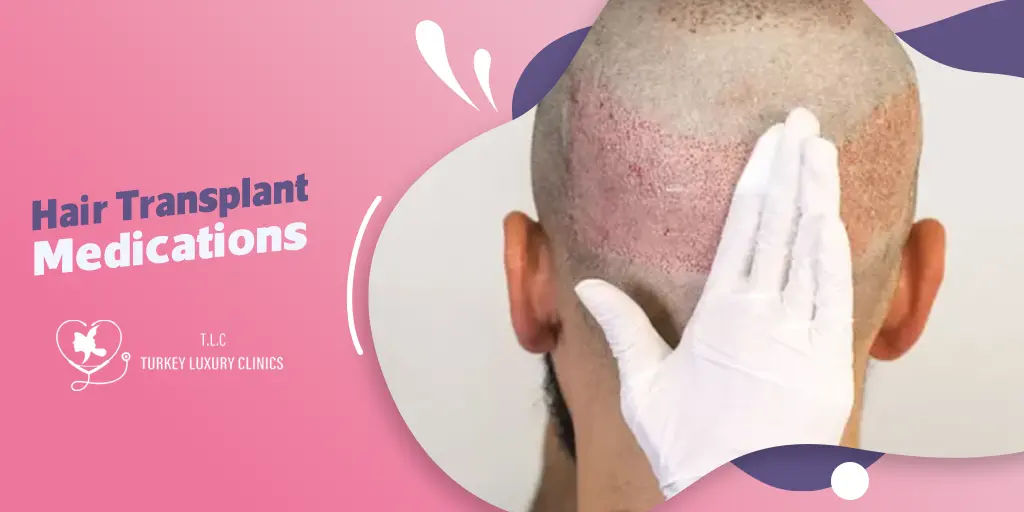



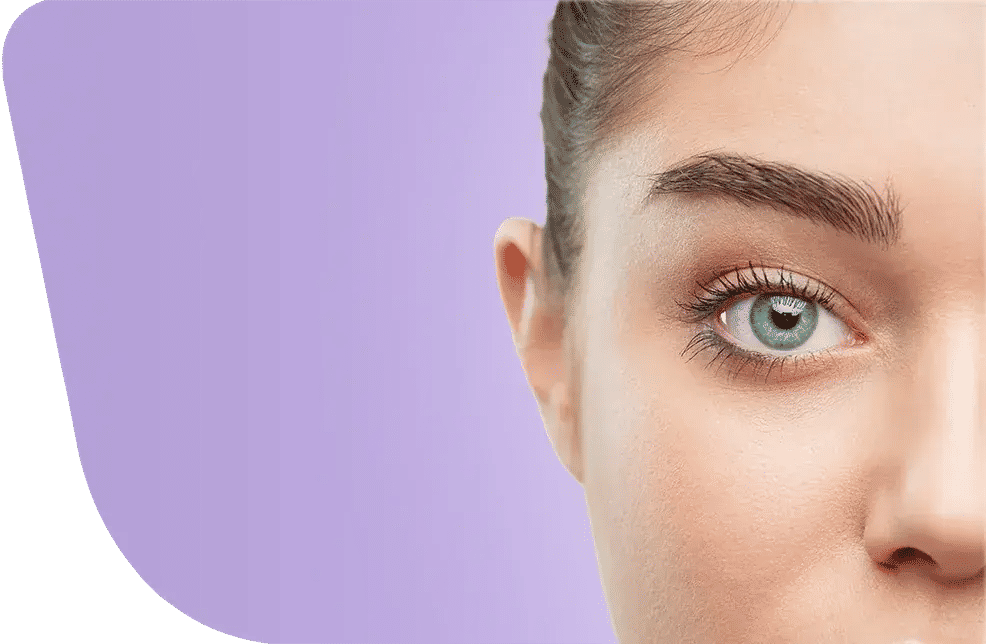


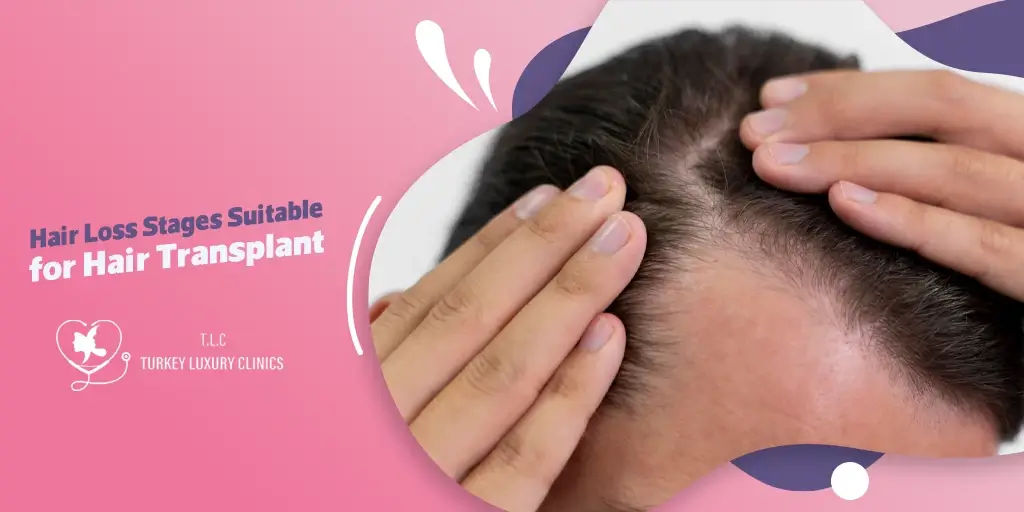
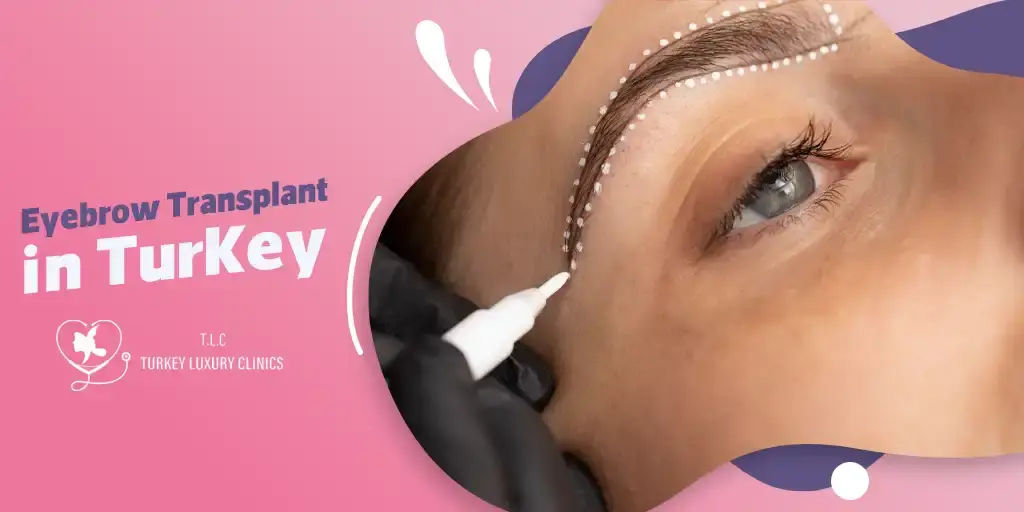
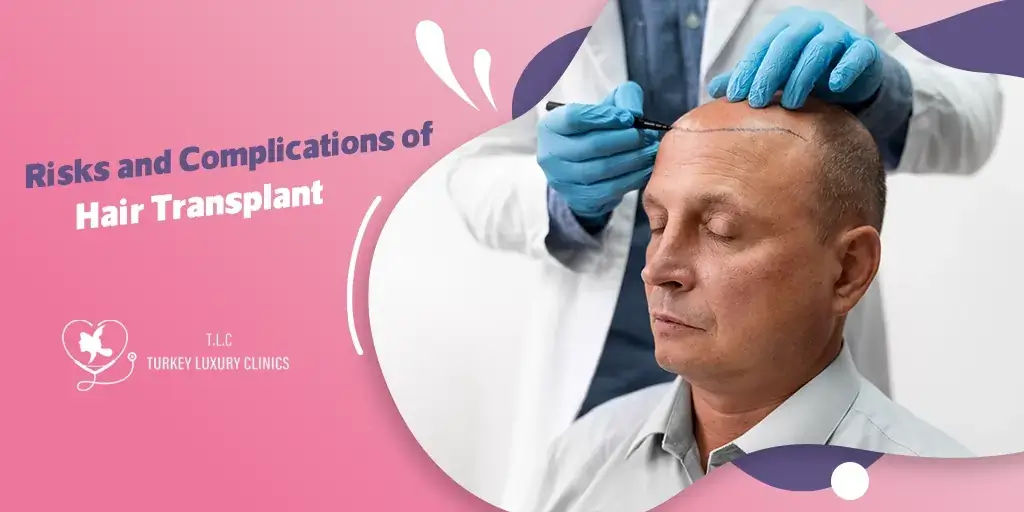



.webp)
.webp)
.webp)
.webp)

